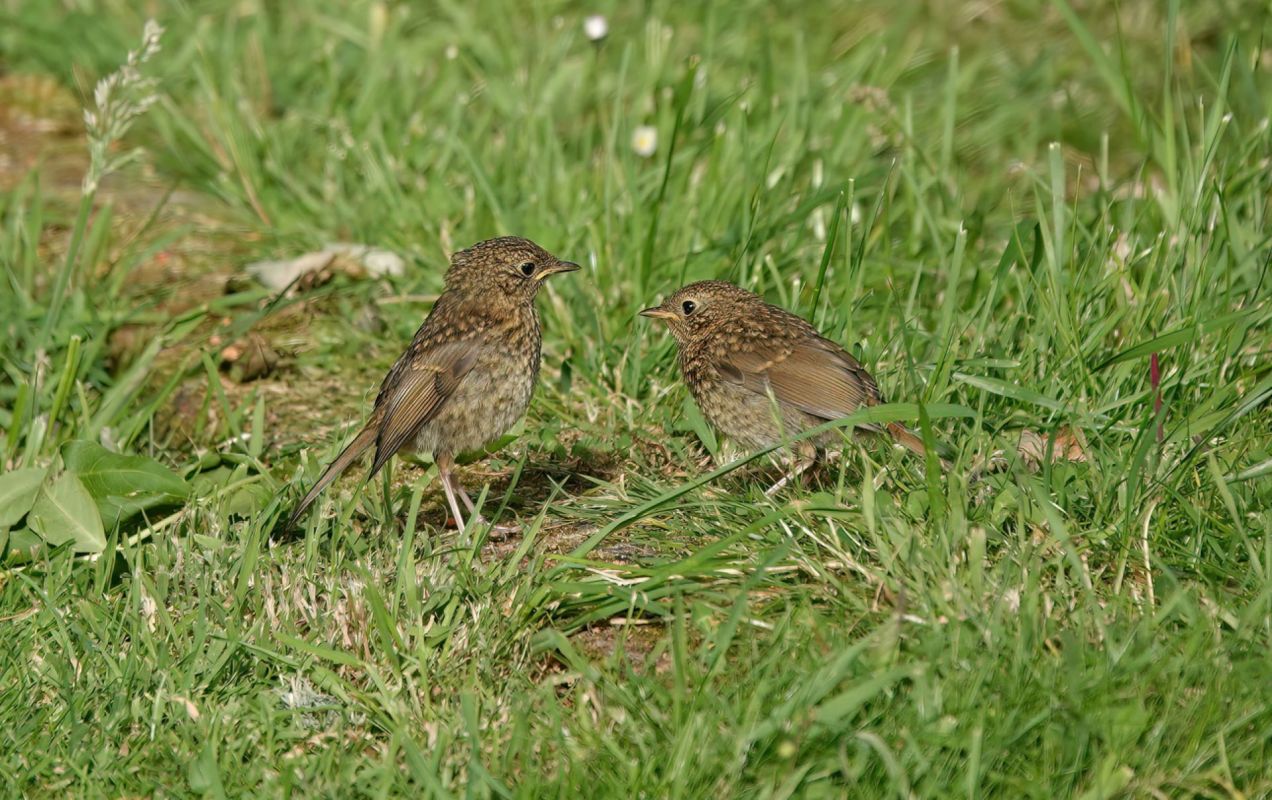Many may be familiar with the FBI's Ten Most Wanted list, but far fewer are likely aware of the top 10 lost birds on the "Search for Lost Birds" list.
The list is a project of Re:wild, American Bird Conservancy, and BirdLife International, a collaboration that aims to find lost bird species and that recently had a big win.
As reported by the Greek Reporter, the Dusky Tetraka, a bird that hadn't been seen in nearly 25 years and was feared extinct, was recently spotted in Northern Madagascar.
The search was led by a team from The Peregrine Fund's Madagascar Program, who found the yellow-throated bird in two remote locations. The last sighting of the bird was in 1999, so this find was understandably exciting.
"Seeing the bird for the first time was truly a surprise," said Armand Benjara of the Peregrine Fund's Madagascar Program. "Our entire team was extremely happy and excited."
The Greek Reporter further reports that according to Wild Madagascar, Madagascar is home to approximately 115 endemic bird species, but more than 40 of these are classified as threatened with extinction. This isn't the only area of concern, either.
Nearly 3 billion birds have vanished in North America, leading to research that caused scientists worldwide to sound the alarm as half of the world's bird populations are in decline.
"Woweeee!" added John C. Mittermeier (@johnmittermeier), director of the lost birds program at American Bird Conservancy, in a post to X, formerly known as Twitter. "Pure excitement and relief best describes how Lily-Arison Rene de Roland, Loukman Kalavah and I felt after nine days of searching for the lost Dusky Tetraka in the mountains of Madagascar last month."
Woweeee! Pure excitement and relief best describes how Lily-Arison Rene de Roland, Loukman Kalavah and I felt after nine days of searching for the lost Dusky Tetraka in the mountains of Madagascar last month @ABCbirds @peregrinefund @rewild #searchforlostbirds pic.twitter.com/ijLUK4Mazn
— John C. Mittermeier (@johnmittermeier) March 1, 2023
Loss of biodiversity, mainly caused by human activity, is a major contributor to the Tetraka's decline, so preserving the biodiversity of Madagascar and understanding where the bird thrives is essential to ensuring its survival.
Discovering suitable alternative habitats may also be an option, as it led to the revival of New Zealand's Kakapo bird.
"Now that we've found the Dusky Tetraka and better understand the habitat it lives in, we can look for it in other parts of Madagascar, and learn important information about its ecology and biology," said Lily-Arison Rene de Roland, Madagascar Program director for The Peregrine Fund, and expedition leader. "There is a lot of biodiversity still to discover in Madagascar."
The team will search for the bird again during its breeding season between September and October and further plans to visit similar locations to where they found the bird.
The comment section of Mittermeier's post was filled with well-earned excitement and praise.
"So, so proud of you! Congratulations," said one user.
"Now that's a beautiful thing," added another
"Great news," stated a third commenter." Madagascar continues to surprise us, I thought this one had slipped away forever."
Join our free newsletter for weekly updates on the coolest innovations improving our lives and saving our planet.









